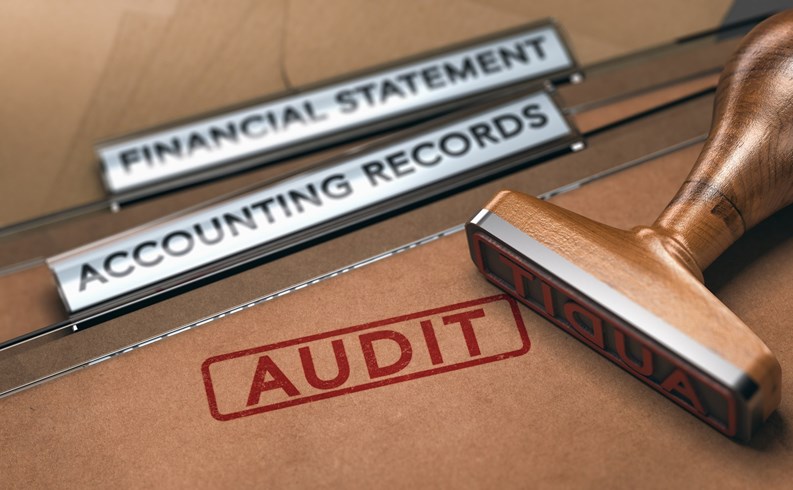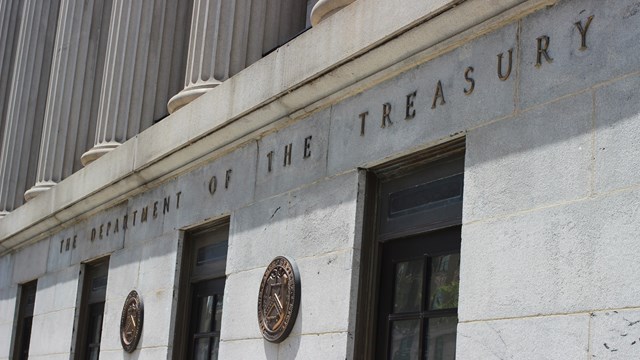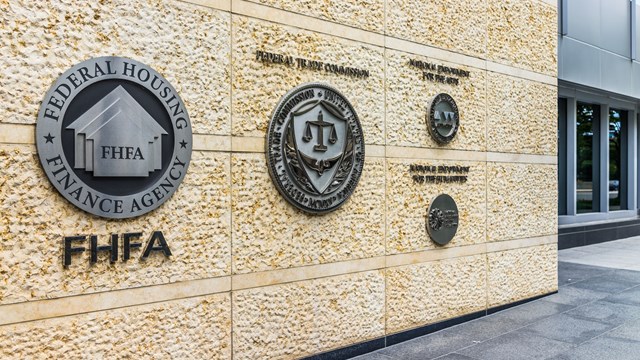When the average American taxpayer (or tax-dodger, one supposes) hears the word “audit,” they’re likely struck with a feeling somewhere between annoyance and terror—usually because being audited means that something has been found amiss in their filing. For businesses that rely on the accuracy and timeliness of their financial records, however, including condominium and homeowners associations and cooperative corporations, an audit is—or at least ought to be—a regular part of a healthy fiscal practice.
A Picture of Health
Just as an individual should have an annual check-up with their doctor whether they are healthy or ill, a co-op, condo, or HOA board should have a professional audit of their building’s or community’s financial books and processes on at least a yearly basis, regardless of the status of their finances and practices. According to Jeffrey P. Roude, a partner with accounting firm Sax LLP with offices in New York and New Jersey, such an audit should be performed by a licensed Certified Public Accountant (CPA) individual or firm with cooperation and input from the property manager—or from the board treasurer, in the case of self-managed communities.
“It’s a multi-step process,” Roude says of the annual audit, “that includes obtaining records, performing walkthroughs of operational processes, issuing financials, and conducting fraud interviews.” Boards and managing agents should prepare in advance by compiling relevant records, he says. “These can include monthly management reports, paid bills, bank reconciliations, and a general ledger of all transactions for that year, and up to three preceding fiscal years. If there are cash or investment accounts separately controlled by the board of directors,” he continues, “these should be included, too. Minutes of board meetings should also be reviewed.”
Gathering all this may take some time, but if a board and/or its property manager has been thorough and organized throughout the year, the process shouldn’t be too onerous. Much like a person eating nutritious foods and getting regular exercise, a healthy organization will conduct regular due diligence and keep track of their budgets by reviewing monthly variances in their financial statements. Keeping up with these tasks is the duty of the board of directors, who must keep themselves apprised of the financial conditions of their building or community, and ask for clarification or obtain more information when necessary.
“One of the most important things a board can do is to meet with their auditor once a year, in order to make sure they’re educated on what these financial statements mean, because an accountant cannot issue a set of financials until the board approves the financial statements and signs something called a representation letter,” says Jules C. Frankel, CPA, MBA, shareholder in accounting and consulting firm Wilkin & Guttenplan, P.C. in East Brunswick, New Jersey.
Stephen Beer, principal with Manhattan-based accounting firm Czarnowski & Beer, concurs. “No formal internal control is as effective as having board members ask simple questions about items that they do not understand, or transactions that are out of the ordinary,” he says. Once they are up to speed, explains Beer, board members will be equipped to analyze and monitor their building’s or community’s financial statements and records for trends and anomalies.
But Is It Required?
Sure, we all intend to follow doctor’s orders and maintain a healthy lifestyle, but we are not obligated to do so, legally or otherwise. The financial health of a condo, HOA, or co-op is a different story. For starters, says Roude, the requirement and frequency of an audit are likely to be spelled out in the association’s or corporation’s governing documents. “The bylaws of the entity may require an audit,” he says, adding that the size and complexity of its finances and its risk of fraud might determine how often the audit must be performed.
In the case of co-ops, continues Roude, the lender of the underlying mortgage might require an audit of a certain frequency as well. Co-ops and condos or HOAs that are preparing for a significant event like a deconversion or a reconstitution might also be required to undergo a professional audit as part of that process.
Certain red flags might prompt an audit outside of the regular frequency, although the board would not be legally compelled to have it performed. According to Roude, these include large or unexplained bank account balances, sudden or unexpected financial losses, a lack of checks and balances in internal controls, or allegations of fraud or mismanagement. In the event that a regulatory body initiates an investigation into some form of wrongdoing, the board would need to comply with any audit that is part of that investigation, he adds.
Responding to Inquiries
Questions or concerns about an association’s or corporation’s finances are also likely to come from unit owners or shareholders, who can be prone to skepticism about the boards they elect to oversee the places they call home. If not satisfied by the response they get from the board or management, can homeowners themselves compel an audit?
No, says Roude, although some states have provisions granting owners the right to inspect community financial records. Non-board residents generally do not have the right to be informed of the results of an audit either. But if there is legitimate reason to suspect fraud or gross negligence on the part of the board, management, or both, owners’/shareholders’ recourse would be to file a lawsuit, which would require retaining a lawyer and possibly a forensic accountant.
Some states allow owners to conduct their own professional audit—at their expense. “The ‘Condominium Statute,’ Massachusetts General Laws Chapter 183A, gives [an owner] the right to pay for the audit [him or herself],” says Ellen Shapiro, principal at law firm Allcock Marcus in Braintree, Massachusetts. “Whoever is responsible for maintaining the financial records must cooperate by providing that information.”
In such a scenario, the owner would have to pay not only for the audit, but also for any expenses that management would incur in procuring the information necessary for the audit. Rather than going that route, Shapiro notes that Massachusetts associations with more than 50 units are required by statute to have an independent CPA review their books annually. “So the owner might want to start by asking the association to conduct a review,” she says. “If the request is denied, then the owner could file suit—because this is the unusual situation where if you win, the association would have to pay your legal fees.”
Shapiro adds that if the association has fewer than 50 units, a vote by a majority of the unit owners would compel the board to conduct the review.
Reading the Results
But what if the association or corporation isn’t given a clean bill of health, as it were, once the audit is complete? According to the pros, a few scenarios are possible. If the audit reveals insufficient controls or areas of waste, this is the board’s opportunity to button up its practices and cut costs where appropriate. “The CPA firm should review the annual report with the board of directors prior to their approval and discuss the operations of the company and areas where possible savings can occur,” suggests Roude. “Since most expenses are fixed, there is usually not too much room for savings, however. Most will occur in repairs and maintenance.”
If an audit reveals evidence of mismanagement or fraud, on the other hand, the CPA firm will report it to the board and discuss whether a forensic audit is needed. All the pros say that in this scenario, the first step the board should take is to contact their legal counsel. While fraud or theft is rare, there are enough examples out there to encourage board members/trustees to pay attention and examine discrepancies or surprises closely. If a lawsuit or an investigation is warranted, it is usually easy enough to find the perpetrator(s)—but getting the money back is another story.
Ultimately, it is up to owners and shareholders to elect people with ethics and integrity to direct their communities, and then it is up to those people to create a budget, employ rigorous financial policies, and monitor resources for efficiency, accuracy, and reliability.
Darcey Gerstein is Associate Editor and a Staff Writer for CooperatorNews.










Leave a Comment